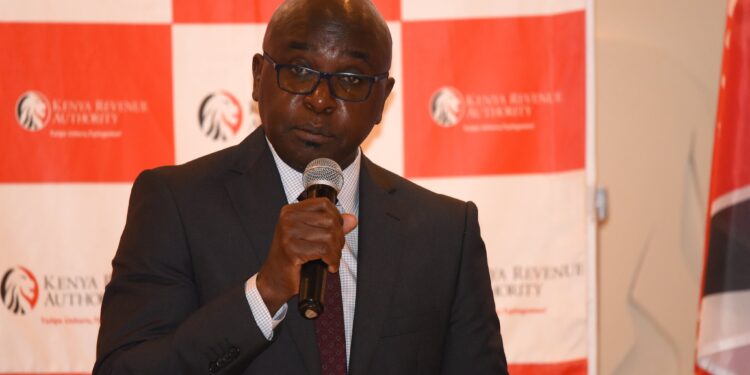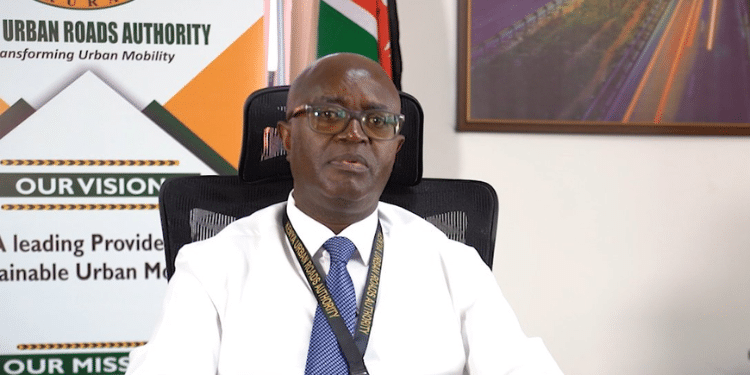National Treasury Cabinet Secretary (CS) John Mbadi has announced that the government has a strategy to reduce the amount of taxes paid by Kenyans.
Speaking during the KRA Summit on Monday, October 7, Mbadi stated that the government is adopting the medium-term revenue strategy.
He explained that the strategy promotes investments by removing market distortions through the rationalization of tax expenditures.
For instance, the CS mentioned that the strategy proposes to reduce corporate tax from 30 percent to 25 percent. According to Mbadi, the plan is to ensure that the benefits of such a reduction are passed to the economy by creating more jobs.
Additionally, Mbadi stated that the plan will help reduce Value Added Tax (VAT) and other taxes in the long run. He emphasized that the government’s objective is to reduce taxes and not increase the burden on Kenyans.

“That is where we are headed. If possible, we should reduce our VAT from 16 percent to 14 percent, along with other tax rates,” he said.
“The government policy is not to increase taxes; it is to reduce taxes, but that will only be possible if we expand the tax base and become more efficient in tax collection and resource usage.”
Mbadi on Fiscal Deficit
Moreover, Mbadi mentioned that the strategy will strengthen the policy dimension of the country’s fiscal consolidation process, targeting the East African Community Convergence criteria of a fiscal deficit of 3 percent of GDP.
He announced that the government’s final budget in this term must have a fiscal deficit of no more than 3 percent.
The CS explained that the government can achieve a balanced budget for 2027/2028 if it is ambitious enough.
Also Read: Why Pay Tax? African Study Finds Trust in Government Is Key
Revenue Mobilization
Mbadi further elaborated that the strategy proposes several initiatives to enhance revenue mobilization, including tax base expansion, modernization of tax legislation, and consolidation of tax procedures.
“We will continue intensifying debt collection efforts, utilizing data to improve compliance, and enhancing intelligence gathering to close revenue loopholes,” he said. He reiterated the government’s commitment to the fiscal consolidation policy aimed at reducing fiscal deficit and debt accumulation.
Also Read: Win for Kenyans as Mbadi Reveals Plan to Reduce VAT
Tax Malpractices
Mbadi also highlighted the issue of tax malpractices, stating that they hinder the government’s ability to secure the financial resources necessary for structural transformation and sustainable growth.
“Illicit financial flows, including money laundering, tax evasion, and corruption, pose significant challenges to tax administration, especially in developing countries like ours. We must therefore prioritize policies that empower tax administrations to combat these issues and leverage international tax frameworks to address illicit financial flows,” he said.
He emphasized that the government must embrace technology, which is essential to addressing the modern challenges faced by tax administrations.
Follow our WhatsApp Channel for real-time news updates:
https://whatsapp.com/channel/0029VaB3k54HltYFiQ1f2i2C










































































